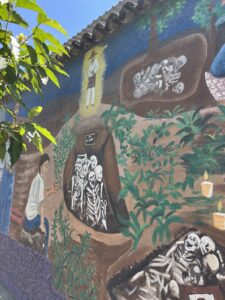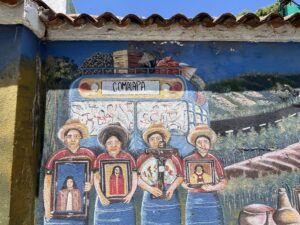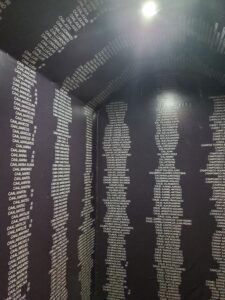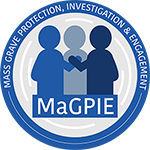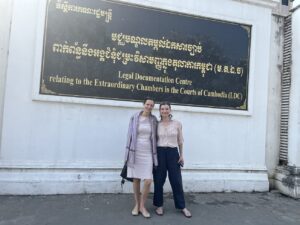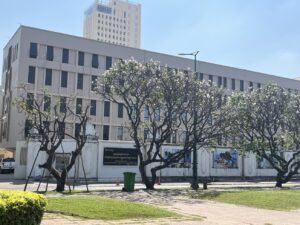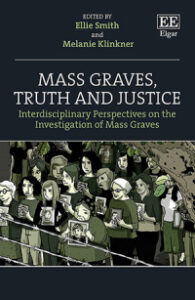MaGPIE Chapter on Kosovo Mass Graves
The Institute of Crimes Committed During the War in Kosovo’s (ICCW) primary goal is to build and preserve collective memory of the crimes committed during the Kosovo war (1998-1999) through comprehensive and systematic research. In 2026 the institution published a volume titled The Scale, Adjudication, and Documentation of Crimes Committed During the War in Kosovo exploring a range of issues that include the destruction of cultural heritage, gender-based violence, mass graves analysis and methodological approaches to investigating war crimes, the volume offers new contributions to a broader discussion on transitional justice, collective memory and sustainable peace.
MaGPIE has contributed a chapter to this volume, written by Diego Nunez, Melanie Klinkner, and Stephanie Schwandner-Sievers, analysing the information collected and assembled for Kosovo in the context of MaGPIE. The data collated over the last two years offers a unique standing point to compare the Kosovar experience with a wider set of cases. The effort and resources invested by the international community and in-country initiatives in Bosnia and Herzegovina, Croatia and Kosovo to find and identify the victims of the 1990s Balkan wars was unprecedented. Yet, the data shows that progress in the investigations surrounding mass graves seems to vary widely between these countries. In Kosovo, more than 25 years after the war, the publicly available evidence suggests that only a relatively small portion of such graves has been fully excavated and investigated. Moreover, our data reveals patterns in the way mass graves have been created and subsequently engaged with, highlighting areas where renewed efforts for further information would be beneficial and would chime with the political determination by Kosovo and Serbia, as espoused in a joint 2023 Declaration, to address unresolved missing persons cases linked to the conflict.
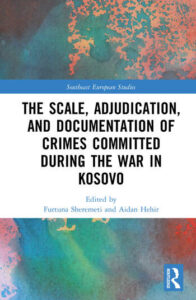
MaGPIE Presents at UK Parliament: From Mass Graves to Courtroom
MaGPIE PI, Melanie, presented on a panel in the Palace of Westminster in a session entitled “From Mass Graves to Courtroom – Preserving and Using Evidence from Mass Graves” organised by the British Group Inter-Parliamentary Union, the International Bar Association Human Rights Institute and the All-Party Parliamentary Group for International Law, Justice and Accountability.
The session, chaired by MP Brendan O’Hara and organised by Dr Ewelina U. Ochab from the International Bar Association, brought together leading experts on international law, international cooperation and international organisations to discuss how evidence from mass graves can be preserved, protected, and potentially used in legal proceedings addressing atrocity crimes.
Other speakers included, Rt Hon Alistair Burt in his role as Commissioner for the International Commission on Missing Persons, Rupert Skilbeck, Director of REDRESS, and Dr Chantal Joubert from the Dutch Ministry of Justice and Security with her intricate experience on progressing the Mutual Legal Assistance Convention.
Melanie presented MaGPIE’s research on open-source mass grave mapping and outlined how the Bournemouth Protocol provides a legally robust framework for the protection and investigation of mass graves. Her contribution emphasised the need for rigorous, rights-based approaches to evidence preservation, particularly in fragile post-conflict contexts.
Prior to the Parliamentary session, MaGPIE continued its engagement efforts with policymakers. Team member Emily met with aides to MP Uma Kumaran, as part of an ongoing dialogue regarding safe mass grave excavation practices in Sri Lanka. In a recent letter to the Foreign, Commonwealth & Development Office, MP Kumaran requested that the Bournemouth Protocol be translated into Tamil and Sinhalese, a move that would make its guidance more accessible to local practitioners and communities involved in post-conflict recovery and accountability efforts.

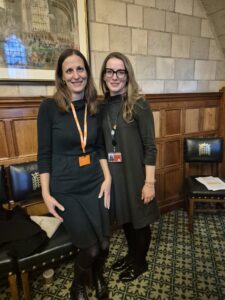

MaGPIE Journal Article in the International Review of the Red Cross
MaGPIE has recently published, in the International Review of the Red Cross, a collaborative paper entitled ‘Mass grave mapping and the protection of the dead’. It outlines some of the work undertaken by MaGPIE so far, and answers the question, as far as possible, as to whether mass grave mapping can act as a form of protection.
The following is an excerpt from the abstract, to read the full article please follow the link in the image below:
The need to respect and (physically) protect the dead is well established under international and national laws and extends to human remains found in mass graves. Oncemass graves are discovered, and prior to any investigation, the dead in mass graves should be secured to an extent through the protection of the site itself. Should investigations follow (due to human rights abuses or breaches of international humanitarian or international criminal law), then the dead, if excavated, are in the custody and protection of the investigating authorities. Following successful identification of human remains, their return to the next of kin may be possible, or appropriate reburial may ensue.
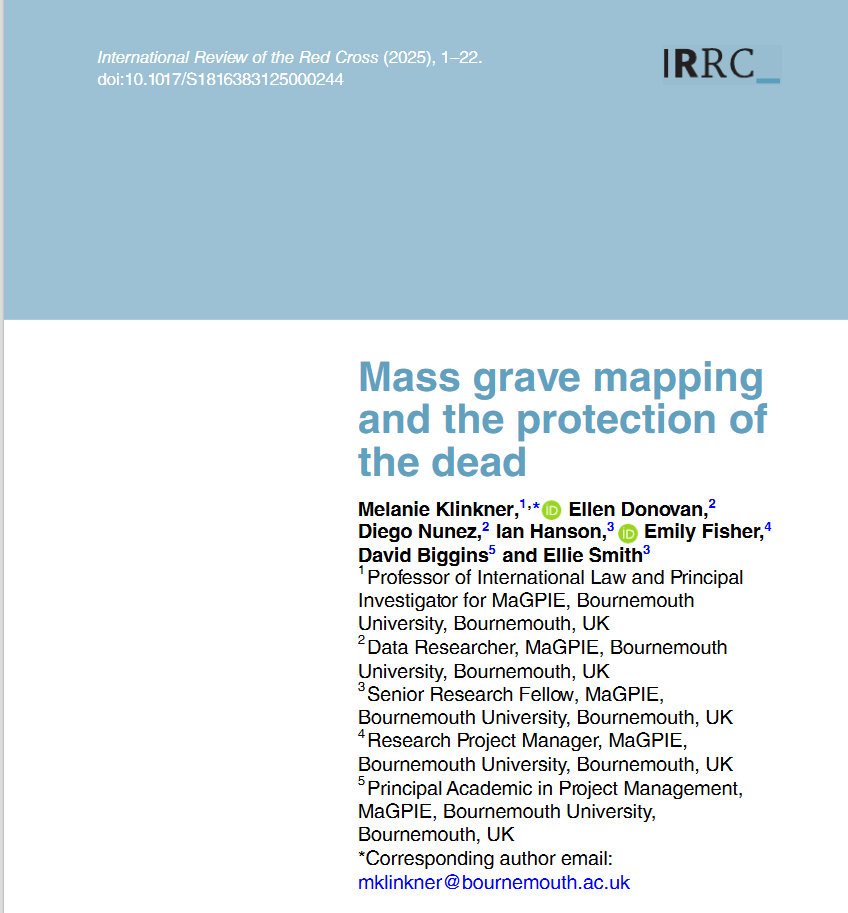
MaGMap: The benefits and risks of mass grave mapping
MaGPIE team members Professor Melanie Klinkner and Dr Ellie Smith have recently published the outputs from MaGMap, an open-access resource for rights-informed mass grave mapping.
The aim of this project was to examine where, when and under what circumstances mapping of mass graves should be avoided or kept secret so that protection is not jeopardised. Their outputs, three separate decision-making tools and a guide to their use – Rights Informed Mass Grave Mapping – a guide to the use of mapping tools – fill this gap.
The guide offers three tools that will enable rights-informed mass grave mapping:
- An interactive, rights-informed process flowchart outlining the considerations and steps that arise as part of a mapping exercise (the ‘Flowchart’);
- A mass grave-mapping decision tree (the ‘Decision Tree’) outlining when and how the location of mass graves should be recorded in an open-source map, and when the publication of a site location might expose the site, witnesses, family members and affected communities to danger; and
- A Risk Register, as a starting point for the development of structured and effective risk-mitigation strategies.

Guatemala
During April 2024, Professor Melanie, Dr. Ellie and Diego visited Guatemala, a MaGPIE case study country. To find out more about what they learnt, please read: MaGPIE Guatemala Visit
